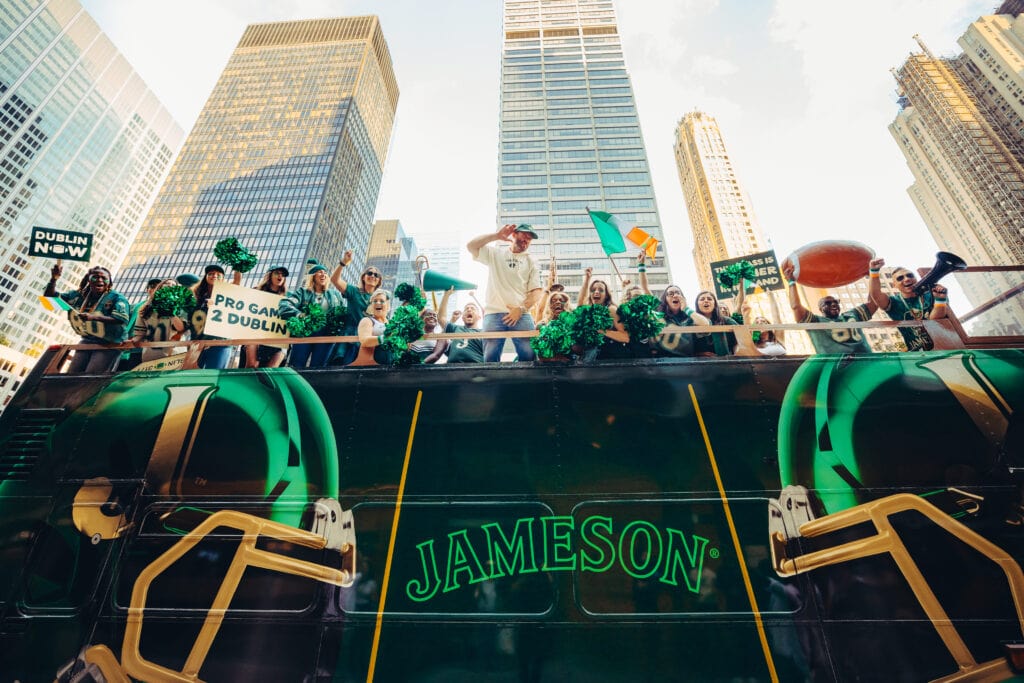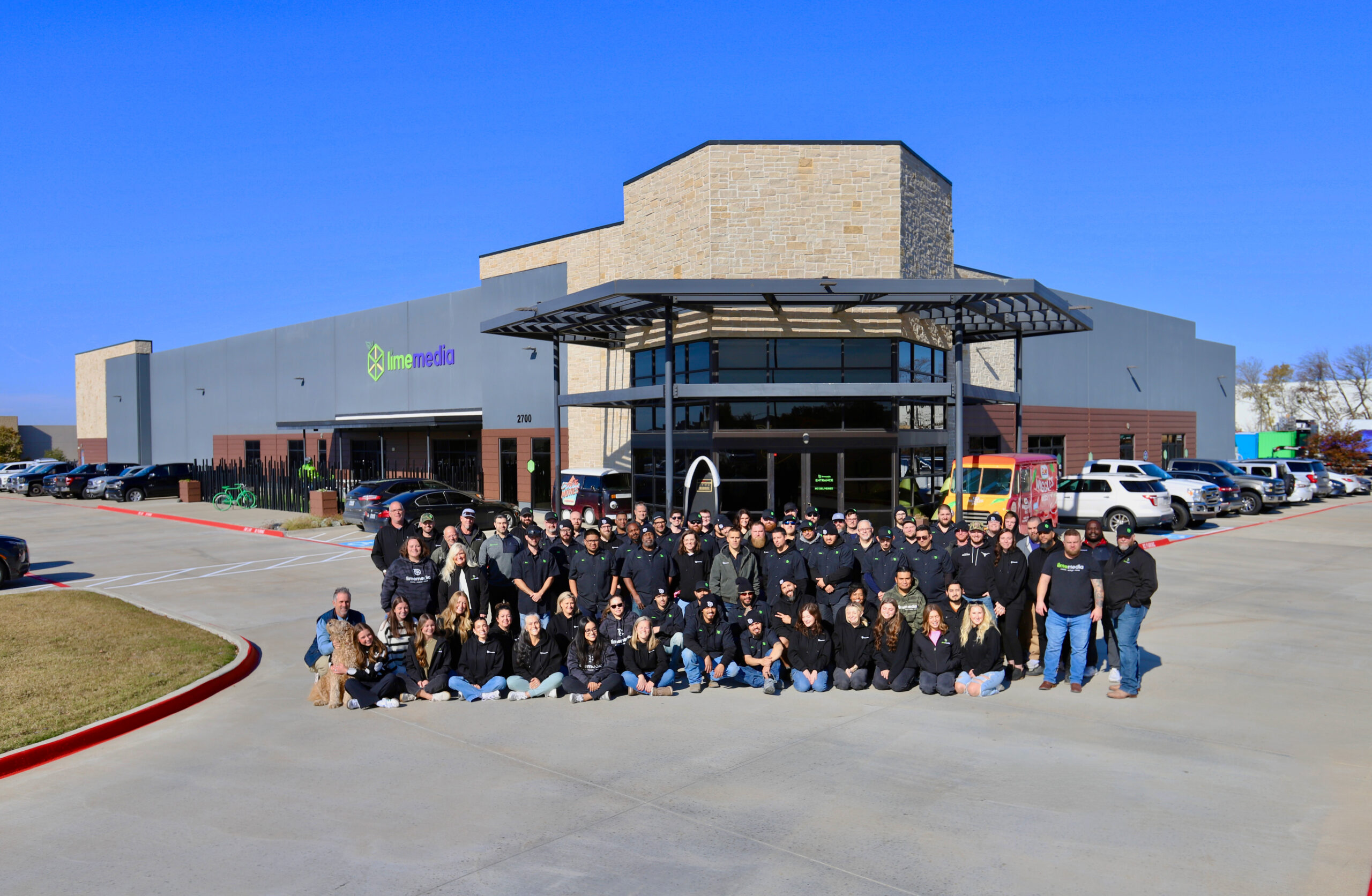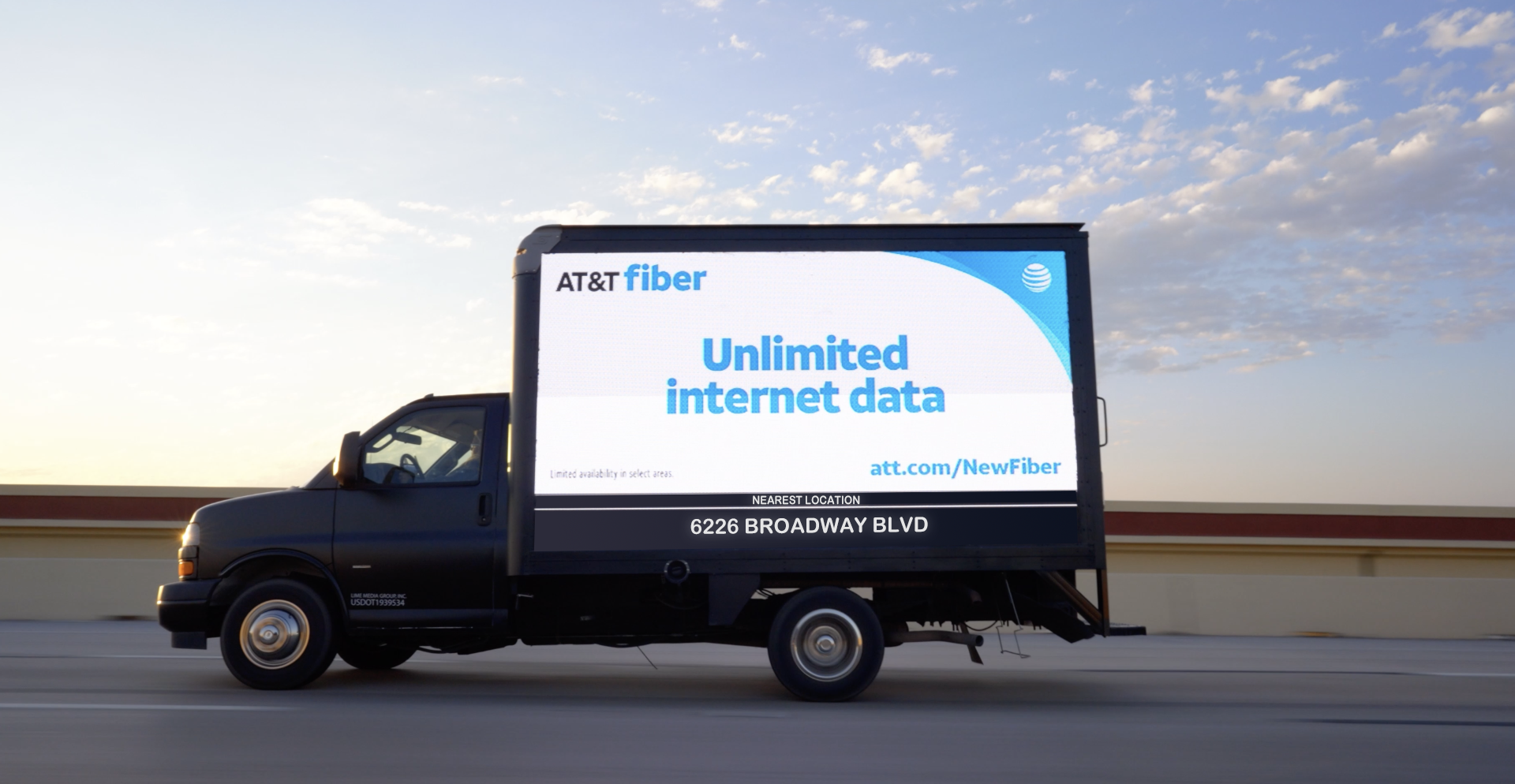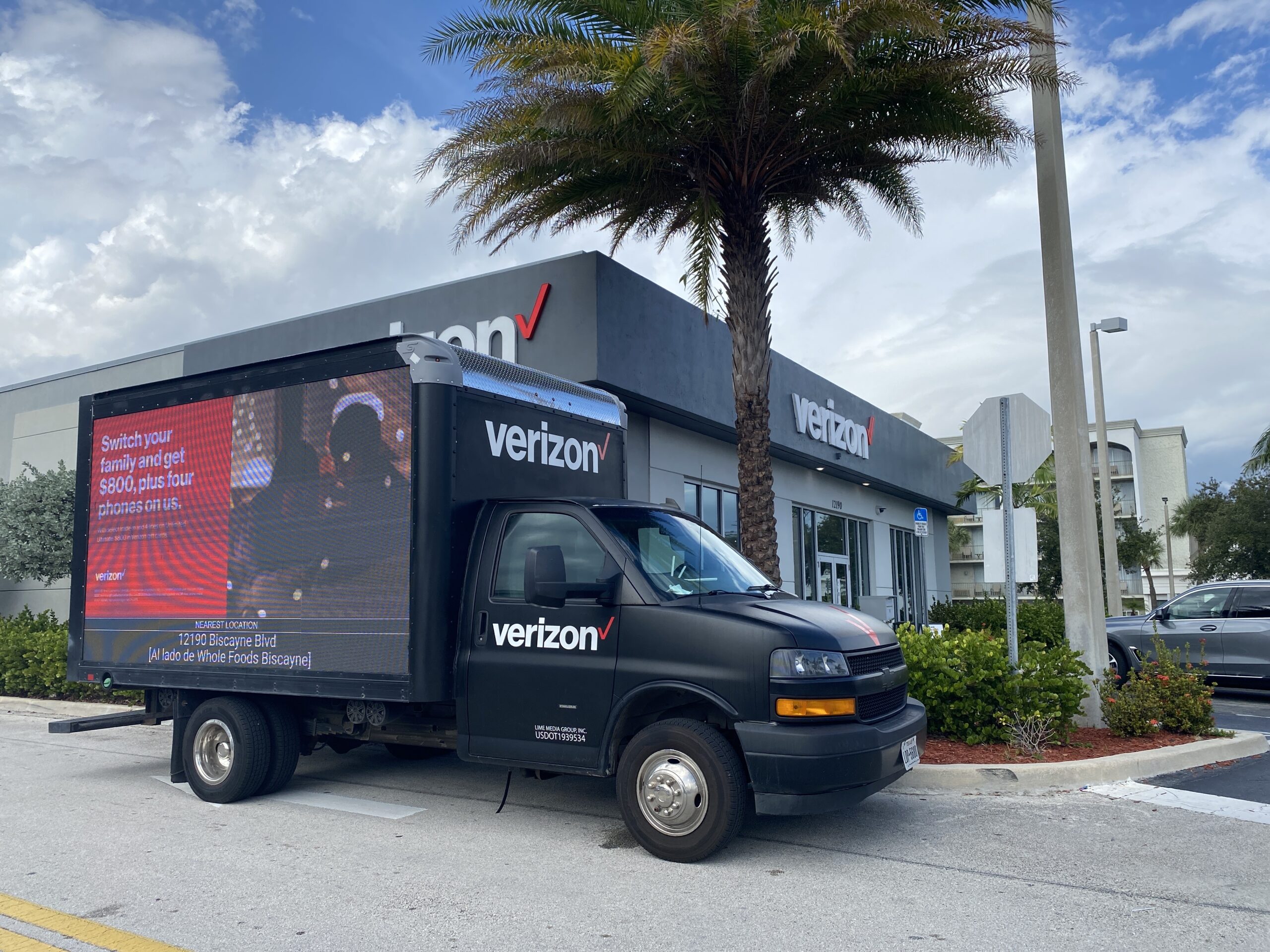Event and experiential marketing create memorable consumer connections. While often used interchangeably, these strategies have distinct characteristics. Brands utilizing comprehensive experiential marketing services can effectively blend both methods, crafting campaigns that engage consumers at various touchpoints.
Defining Event and Experiential Marketing
Event marketing involves organizing or participating in events to promote a brand, product, or service. These can range from trade shows and conferences to sponsored concerts or sports events. The focus is on creating a platform for brand visibility and interaction.
Experiential marketing goes beyond traditional event structures. It’s about crafting immersive experiences that allow consumers to interact with a brand in meaningful, multi-sensory ways. These experiences are central to applying brand activation with experiential marketing and often happen within events or as standalone activations, blurring the lines between marketing and entertainment.
Differentiating Experiential and Event Marketing
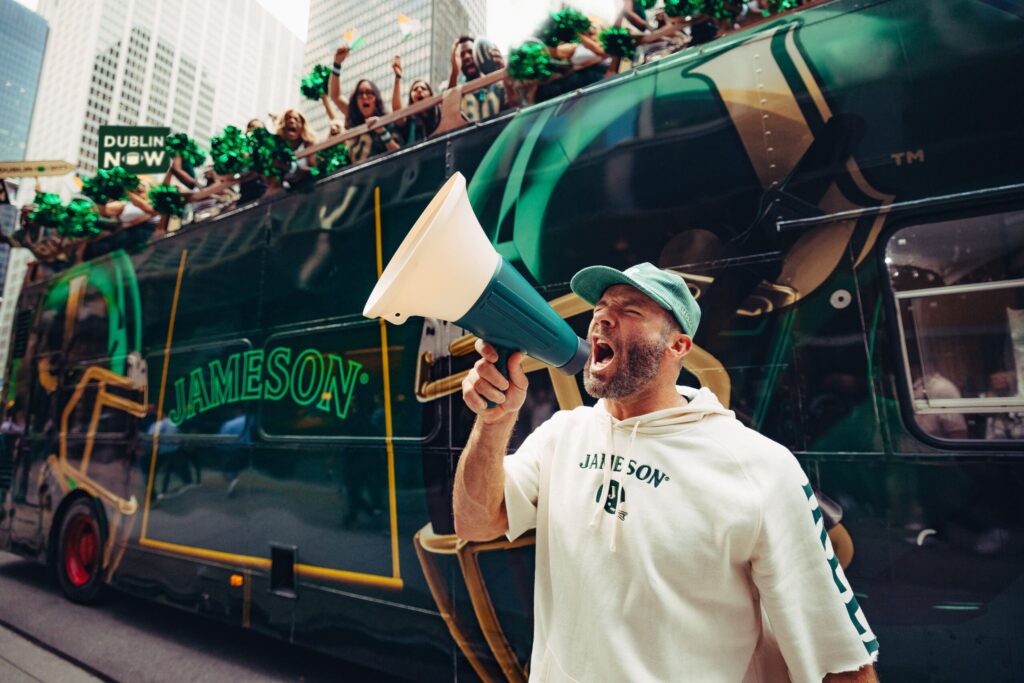
While event marketing provides a venue for brand exposure, experiential marketing focuses on creating emotional connections through participation. Events can serve as a stage for experiential activations, combining the reach of event marketing with the depth of experiential engagement. Both strategies share common goals:
- Increasing brand awareness
- Fostering customer loyalty
- Driving sales and lead generation
- Creating shareable moments for social media amplification
Marketers with each approach’s strengths craft experiences that capture attention and forge lasting brand connections.
Crafting Effective Experiential Marketing Event Strategies
Whether planning an event or an experiential campaign, consider these elements:
- Define Clear Objectives: Align your strategy with specific brand goals.
- Know Your Audience: Tailor experiences to resonate with your target demographic.
- Integrate Technology: Use digital tools to enhance engagement and measure impact.
- Encourage Interaction: Create opportunities for hands-on brand experiences.
- Post on Social Media: Design shareable moments to extend reach beyond the event.
Partnering with a full-service experiential marketing agency provides brands access to the expertise and resources needed to execute these strategies seamlessly across various platforms and venues.
Measuring the Success of Your Experiential Efforts
Evaluating the effectiveness of event and experiential marketing tactics requires a multi-faceted approach:
- Attendance and Participation Rates: Track the number of people engaged with your activation.
- Social Media Engagement and Reach: Measure the online impact and conversation around your event.
- Lead Generation and Conversion Metrics: Assess the quality and quantity of leads acquired.
- Brand Sentiment Analysis: Gauge changes in perception and emotional connection to your brand.
- Post-Event Surveys and Feedback: Collect direct insights from participants to refine future strategies.
Successful brands combine quantitative data with qualitative insights to gauge the true impact of their marketing efforts and refine future strategies.
Lime Media: Bringing Brands to Life Through Immersive Experiences
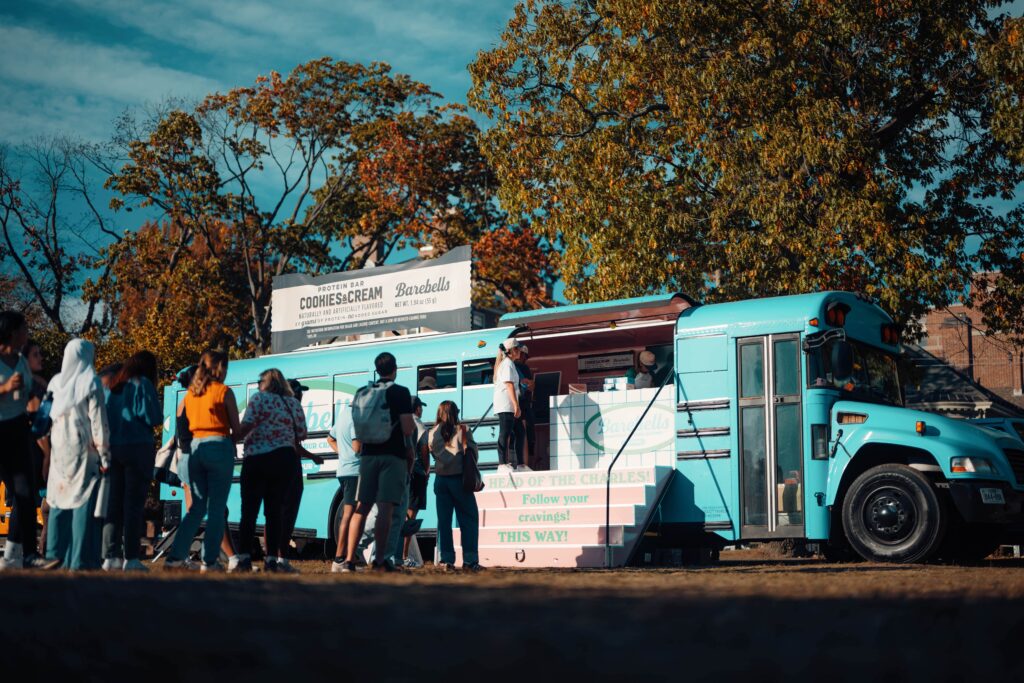
At Lime Media, we specialize in turning brand visions into reality through innovative event and experiential marketing solutions. Our team of creative professionals excels in crafting memorable experiences that resonate with audiences and increase brand awareness. With a fleet of over 200 customizable assets and a passion for pushing creative boundaries, we deliver full-service experiential marketing solutions that bring imagination to life. Whether you’re looking to make a splash at a trade show, launch a nationwide mobile tour, or create a one-of-a-kind brand activation, Lime Media is your partner in creating experiences that leave lasting impressions.
Frequently Asked Questions
How can brands maximize the impact of their experiential marketing campaigns?
Brands can maximize their experiential marketing impact by creating multi-sensory experiences that align with their core values and resonate with their target audience. Utilizing cutting-edge technology and integrating social media elements can enhance engagement, create memorable moments, and extend the reach of the experience beyond the initial activation.
Is experiential marketing the same as event marketing?
Experiential marketing and event marketing are related but distinct strategies. While event marketing focuses on organizing or participating in events to promote a brand, experiential marketing creates immersive, interactive experiences that may or may not occur within an event setting.
What is the difference between an event and an experience?
An event is a planned occurrence, such as a conference or trade show, that brings people together for a specific purpose. In the context of marketing, an experience is a curated interaction designed to engage consumers on an emotional level and create a lasting impression of a brand.
